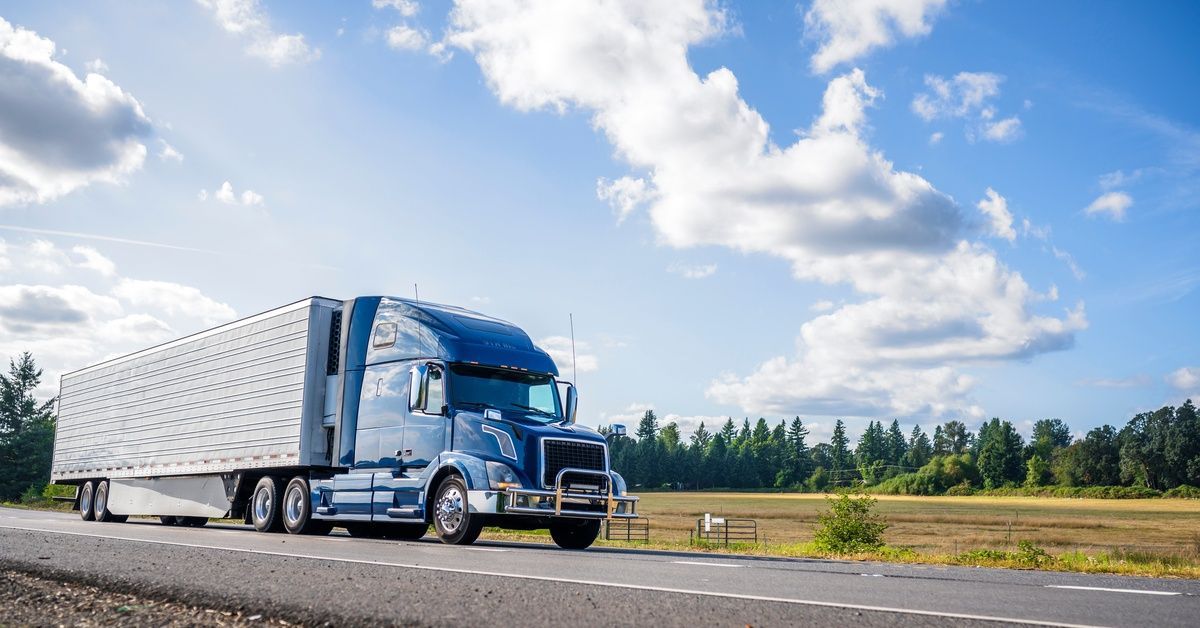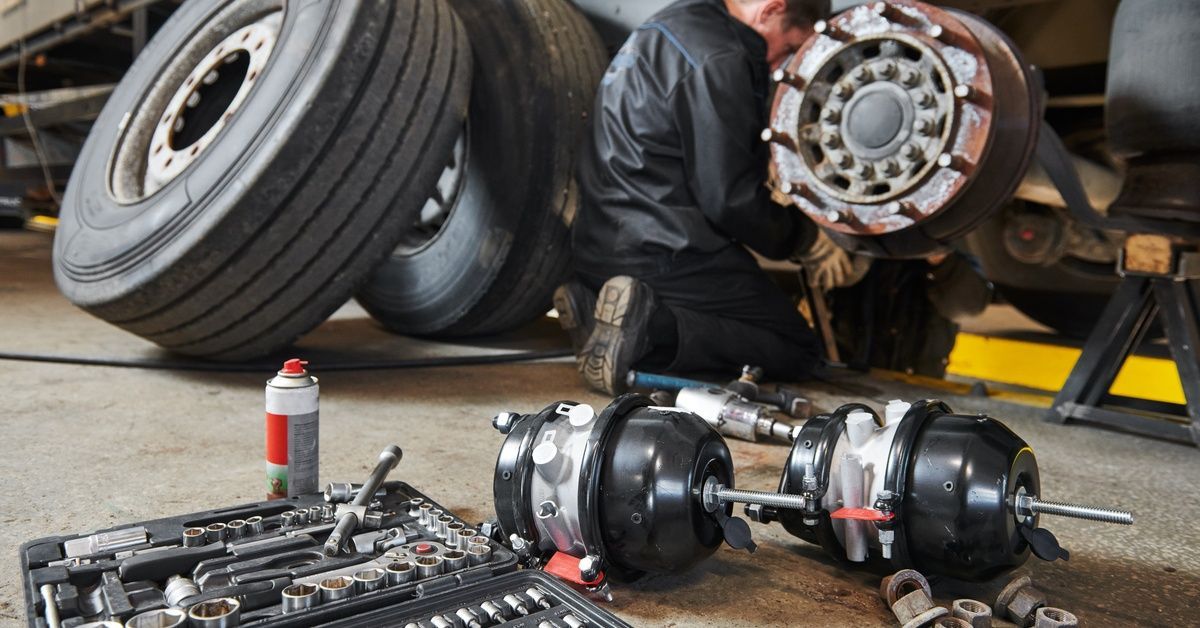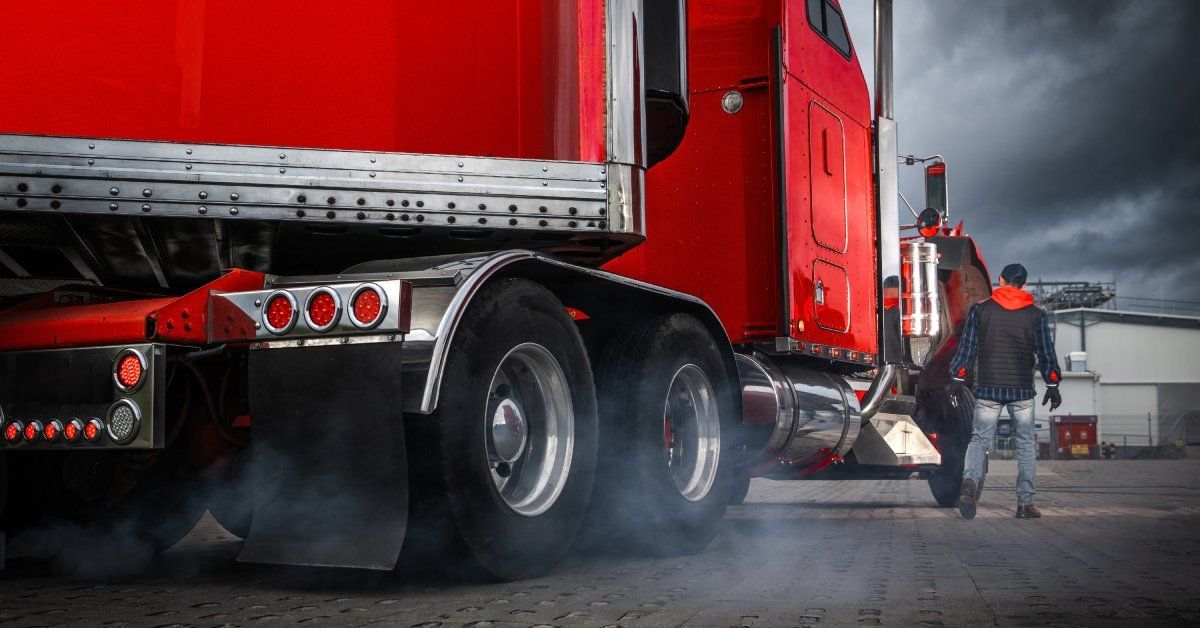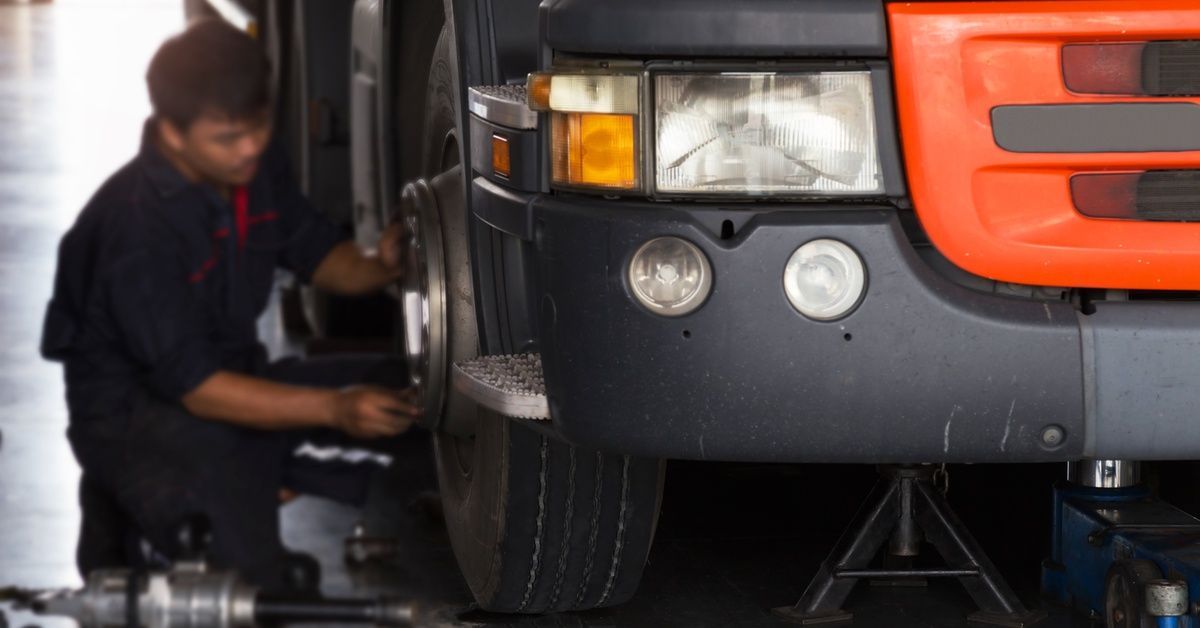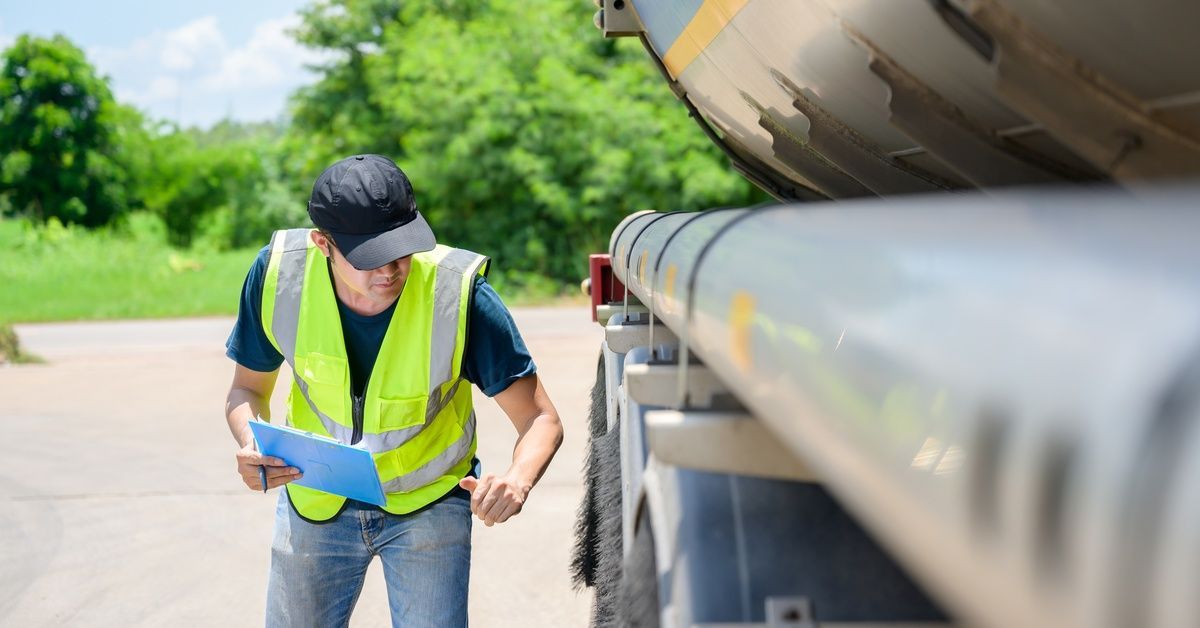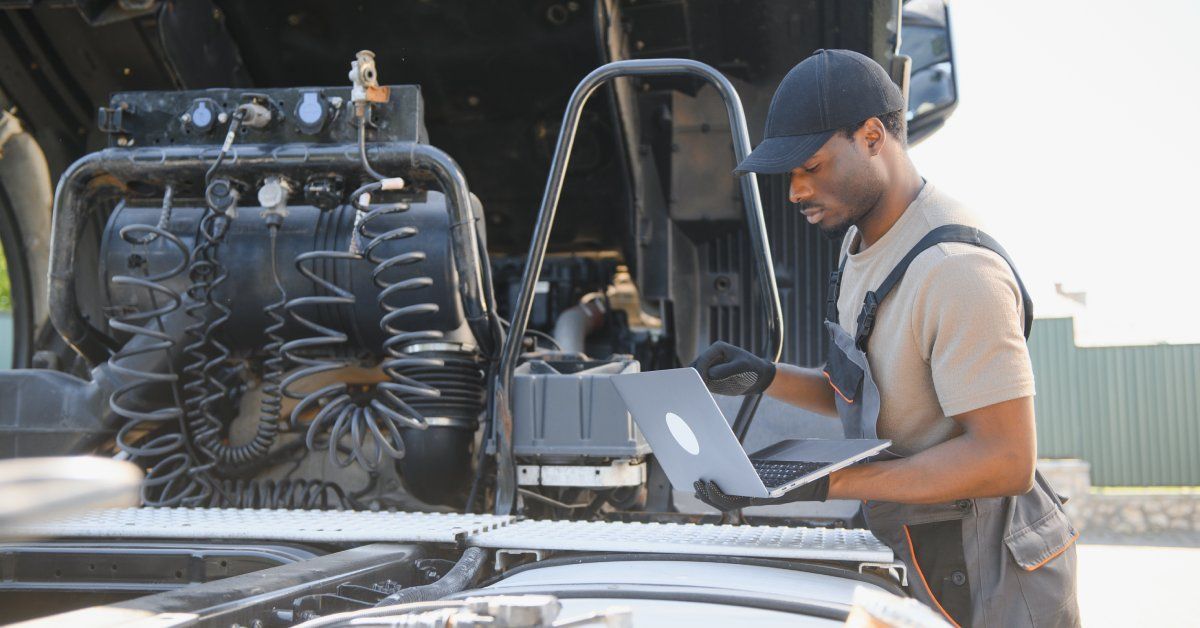The Most Commonly Replaced Trailer Parts and Why
Trailers are the backbone of delivery services everywhere—big and small—hauling everything from heavy equipment to weekend adventure gear. But even the toughest trailers aren’t immune to wear and tear.
Knowing which parts are most likely to fail isn’t just about avoiding a roadside disaster; it’s about keeping your trailer reliable, safe, and ready for whatever comes next. In this guide, we’ll break down the most commonly replaced trailer parts, why they wear out, and how you can stay ahead with smart maintenance tips.
Brake Components
Trailer brakes are essential for maintaining control and ensuring safety on the road, especially when hauling heavy loads. Over time, brake pads, shoes, and other components can wear down due to friction and heat generated during stopping. Regular inspections of your brake system are critical to catch signs of wear, such as reduced braking performance or unusual noises.
These components may require replacements depending on usage, environmental conditions, and the load you carry. To extend the life of your brakes, ensure proper adjustments, use quality parts, and avoid overloading your trailer, which can strain the braking system.
Wheel Bearings
Wheel bearings are small yet crucial components that enable your trailer’s wheels to rotate smoothly. They endure significant stress as they carry the weight of your load and face constant friction during travel. Without regular maintenance, wheel bearings can deteriorate and lead to major problems, including wheel failure.
To keep them in good condition, inspect and grease your bearings periodically. Replacing worn or damaged bearings is vital, as noisy wheels, excessive heat, or wobbling may signal a bearing issue.
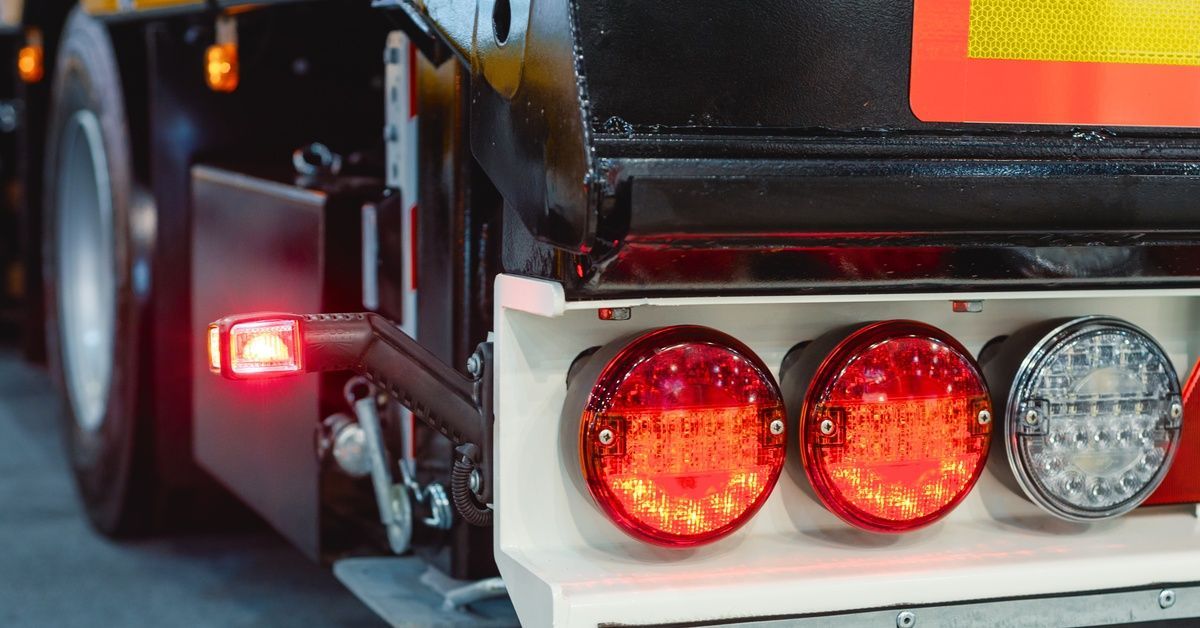
Trailer Lights and Wiring
Working trailer lights and wiring aren’t just about safety; they’re also a legal requirement. Over time, electrical connections loosen, wires can fray, and bulbs or LEDs fail. Exposure to the elements, such as water and road debris, also accelerates wear and tear.
Testing all lights before each trip—brake lights, turn signals, and running lights—ensures everything is functioning properly. If you discover a problem, replacing bulbs, checking fuse connections, or repairing corroded wiring will usually do the trick. You can also consider upgrading to LED lights for better durability and performance.
Suspension Components
Your trailer's suspension system is responsible for absorbing shocks, ensuring a smoother ride, and protecting your cargo from excessive jolts. Springs, bushings, and other suspension parts can wear out from constant use and harsh road conditions.
A sagging trailer, uneven tire wear, or excessive bouncing are signs you may need to replace your suspension components. Regular inspections can help you spot early warning signs before they become major issues. Staying proactive will keep your suspension in good shape and your trailer performing at its best.
Couplers and Hitch Components
Couplers and hitch components form the vital connection between your trailer and towing vehicle. Wear and rust can compromise their strength over time, leading to potential safety hazards. Regularly check for cracks, damaged locking mechanisms, or corrosion.
Lubricating moving parts helps maintain smooth operation and prevents excessive wear. Make sure the coupler fits securely with the hitch ball and always double-check that it’s locked before heading out. Replacing compromised components promptly ensures a secure connection, giving you peace of mind during every trip.
Jack Stands
Jack stands are critical tools for ensuring stability and safety when performing maintenance or repairs on your trailer. Always use jack stands on a solid, level surface to prevent any shifting or sinking that could lead to accidents. Select jack stands with a weight rating higher than the combined weight of your trailer and its load.
When positioning the stands, place them under sturdy structural points such as the frame or designated lift areas. Never rely solely on a hydraulic jack, as it may fail unexpectedly. Taking proper precautions with jack stands ensures your safety and provides a stable work environment for any task.
Safety Chains
Safety chains act as a crucial backup connection between your trailer and towing vehicle. They are designed to prevent the trailer from completely detaching in the event of a hitch failure. Always cross the safety chains in an "X" pattern beneath the hitch when attaching them to the tow vehicle.
This crossing method ensures that the trailer's tongue doesn't hit the ground if it disconnects. Check the chains for wear, rust, or damage regularly, and ensure they are rated for the trailer's weight.
Decking and Flooring
Decking and flooring are essential components of your trailer, especially if you're transporting heavy loads. Over time, wooden floors can crack or rot, and metal floors may corrode. Inspect your trailer's decking regularly for wear and tear, and replace any compromised sections.
For wooden decking, consider sealing it with weather-resistant coatings to prolong its life. For metal flooring, keep it clean and apply rust inhibitor treatments as needed. Ensuring your trailer’s floor is in good condition not only protects your cargo but also prevents potential hazards caused by weak or failing materials.
Tie-Downs and Winches
Secure tie-downs and reliable winches are indispensable when transporting cargo. Ratchet straps, D-rings, and chains should all be inspected for fraying, rust, or wear before every trip. Ensure tie-downs are rated for the load's weight and always fasten them tightly to prevent shifting during transit.
Winches should be lubricated and checked for proper operation to ensure smoothness and reliability. By taking the time to double-check tie-downs and winching mechanisms, you safeguard your cargo and reduce the risk of accidents on the road.
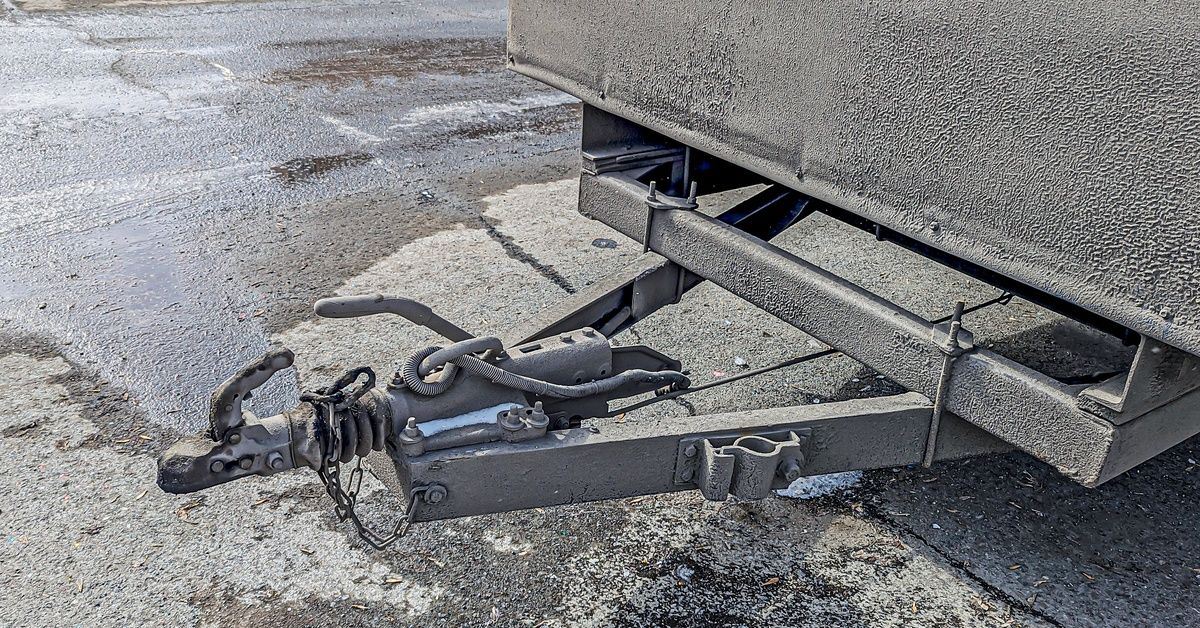
Mud Flaps and Fenders
Mud flaps and fenders are vital for protecting your towing vehicle, trailer, and other drivers from debris and dirt kicked up during transportation. Worn or poorly-fitted mud flaps can become ineffective and may even fly off, creating hazards. Check frequently for tears, cracks, or loose mounting hardware, and replace or secure them as needed.
Fenders should also be inspected for rust and damage to ensure they stay firmly in place. These small components make a big difference in keeping your trailer roadworthy and minimizing potential damage or danger caused by flying debris.
Understanding the commonly replaced trailer parts lets you address wear and tear before it becomes an issue. From bearings and brakes to lights and couplers, keeping these critical components in top shape is key to avoiding unexpected downtime.
At Trailer Tech, we’re here to support you with a wide selection of high-quality truck and trailer parts to meet all your maintenance needs. With the right parts and a little know-how, you can keep your trailer running smoothly and confidently tackle every haul, adventure, or job that comes your way!



